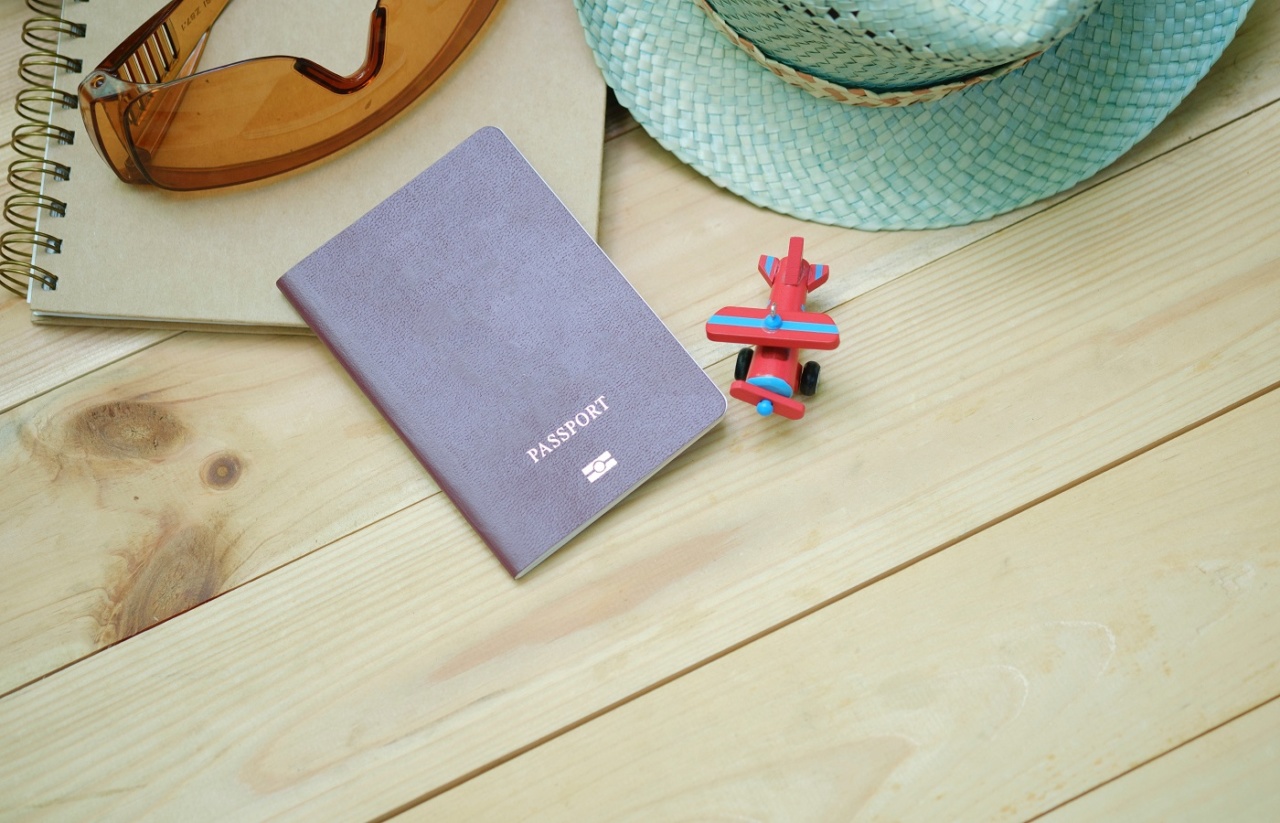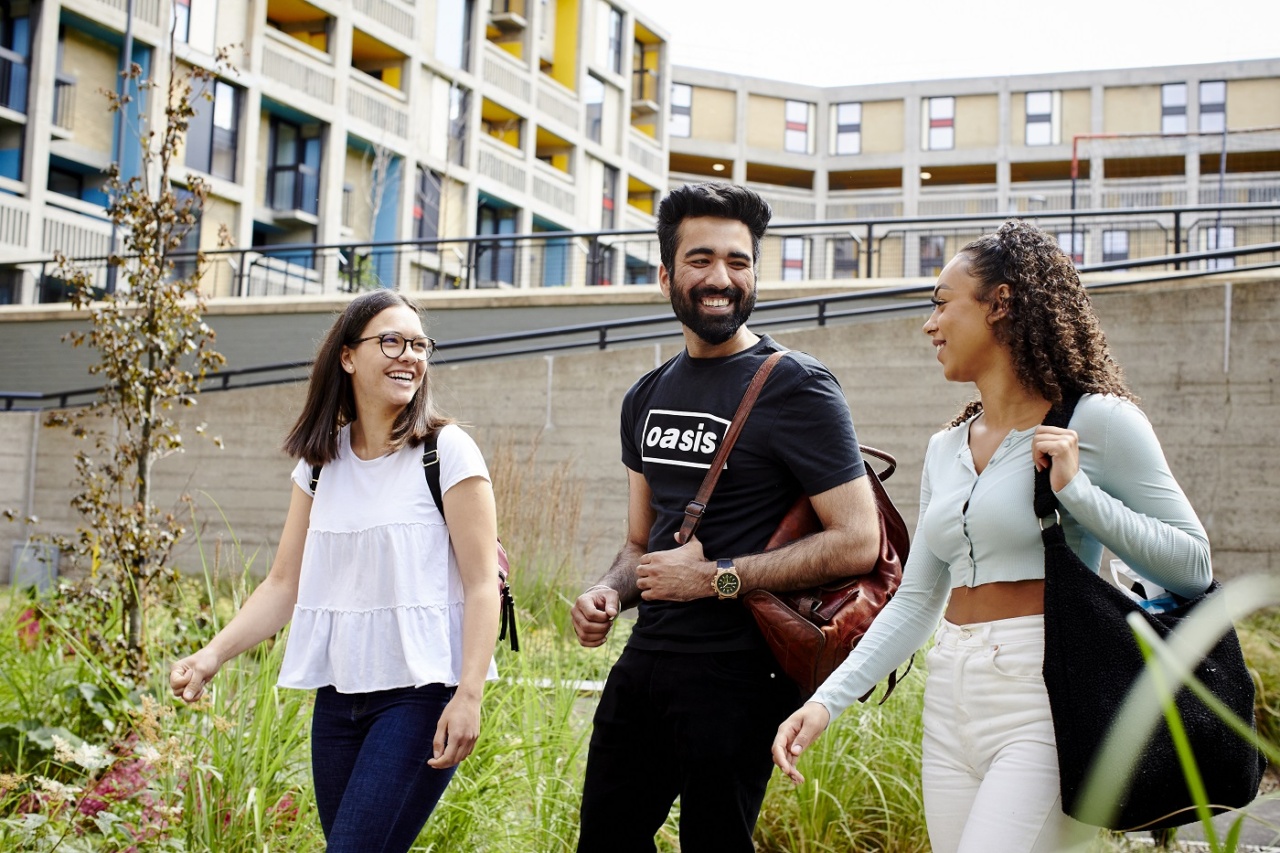Check Out Our Checklist for Studying Abroad
All You Need to Know About Going to University Abroad
Getting ready to study abroad can be both exciting and overwhelming, but at NCUK we can give you all the advice and guidance you need to help it go smoothly. Here are a few of the essential things you need to know before leaving home to make your transition into a new life abroad easier.
Obtain Your Student Visa
As an international student, a student visa is mandatory for your application. Universities usually offer help with the visa process, but immigration legislation changes frequently. Check the relevant national website regularly for the most up-to-date information.

Arrange Insurance and Check Your Health
Travel insurance is important in case anything unexpected happens. Some study destinations require a health check at specific hospitals before you leave your home country, so arrange your medical health check as early as possible to avoid any issues.
Currency Exchange
Check the currency of the country you’re moving to and change some local currency before leaving home. You can use a comparison website to help you get the best value for money, or exchange your currency at banks, airports or hotels for convenience. If you prefer to change your currency at the bank, call them in advance and make an appointment.
Arrange Accommodation
Most first-year students stay in campus or other university accommodation as they’re great places to meet new people and make friends. Universities open accommodation applications at the beginning of April after conditional offers, so check updates on the university website or contact the accommodation team if you have any questions. If you choose to stay off campus, rent an apartment or shared house. Make sure you secure your accommodation early to avoid last-minute issues.

Arrange Accommodation
Most first-year students stay in campus or other university accommodation as they’re great places to meet new people and make friends. Universities open accommodation applications at the beginning of April after conditional offers, so check updates on the university website or contact the accommodation team if you have any questions. If you choose to stay off campus, rent an apartment or shared house. Make sure you secure your accommodation early to avoid last-minute issues.

Check Term Dates
Visit your university’s website or check your university email account regularly for any updates or changes to your academic calendar. Knowing when your semester starts and finishes will allow you to plan your trips back home and holidays. You’ll also get up-to-date information on how your university delivers the new academic year.
Prepare Appropriate Clothing and Check Baggage Allowance
Check the weather of the place you’ll be living for the next few years, and pack essentials accordingly. Check your airline’s baggage allowance before packing to avoid last-minute issues at the airport.
Plan and Budget Your Trip
International flight tickets can be expensive, and some companies allow you to get travel insurance in case the flight is cancelled or rescheduled. Planning your trip early can help you find lower-priced flights. Look at buying a bus pass or a rail card for travelling from the airport to your accommodation. Some universities offer an airport pick-up service that you can arrange by contacting the university in advance.

Check Fresher’s Week Dates
Fresher’s week events take place right before the start of the academic year and are organised by universities. They’re a great opportunity to meet international and local students and to find out about the many student societies at your university.
Check Electronics
Make sure your personal electrical items can be safely used on the voltage of your study destination. If you need one, buy a power adapter at the airport or local shops before arriving.

Start Getting Excited!
Studying abroad is a life-changing experience and you want to make the most of it. Embrace this adventure with open arms and get ready to create memories that will last a lifetime!
We’re Here to Help
We have specific guides for our most popular study destinations abroad, which you can read using the links here:
New Zealand Pre-Departure Checklist
Australia Pre-Departure Checklist
We can help you with any aspect of going to university. So if you have any questions about your study abroad journey, speak to our teams directly here.